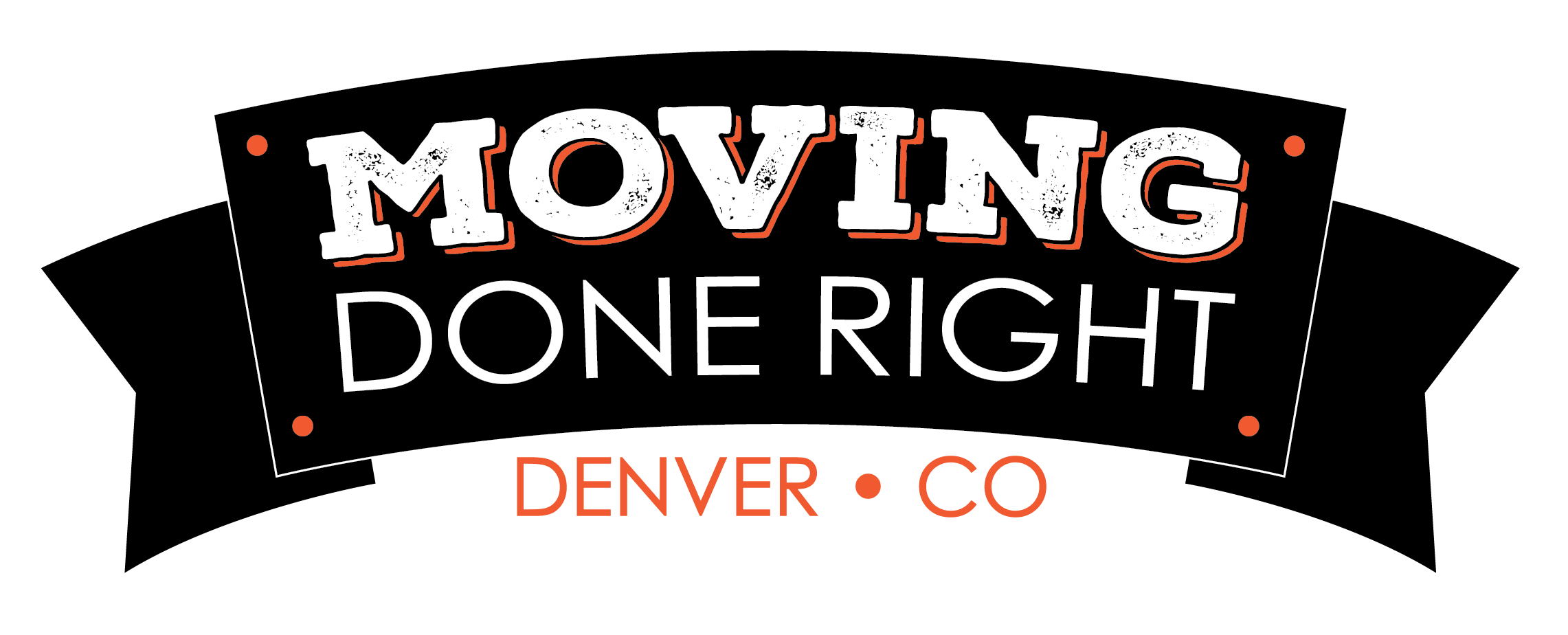Planning a move or simply need extra space? Self-storage can be a lifesaver. But with so many options available, choosing the right unit can feel overwhelming. This guide breaks down everything you need to know to find the perfect self-storage solution for your needs.
What Types of Self-Storage Units Can I Choose From?
Selecting the right self-storage unit depends heavily on your specific requirements. Consider the size of your belongings, the type of items, and your budget. Several unit types cater to diverse needs. Standard storage units offer basic protection, ideal for non-sensitive items. Climate-controlled units maintain a consistent temperature and humidity, perfect for protecting sensitive items like furniture, electronics, and artwork from damage. For vehicles, many facilities offer dedicated vehicle storage, including RV storage and boat storage, providing secure parking for larger vehicles.
How Do I Determine the Right Size of Storage Unit?
Accurately assessing your storage needs is crucial to avoid renting an overly large (and expensive) unit or a unit too small to accommodate your belongings. Begin by carefully inventorying your items. Consider furniture dimensions, box sizes, and the overall volume your possessions occupy. Using online calculators or visiting a storage facility to visualize unit sizes can significantly aid your decision. Packing materials, such as boxes, bubble wrap, and packing tape, also occupy space, so factor this into your calculations. Remember, it's always better to err slightly on the larger side to ensure everything fits comfortably.
What Security Features Should I Look For in a Storage Facility?
Security is paramount when choosing self-storage. Look for facilities with robust security measures to safeguard your belongings. Video surveillance provides visual monitoring, deterring potential theft. Gated access restricts entry to authorized personnel only, providing an extra layer of protection. Individual unit alarms offer immediate notification of any unauthorized access. Some facilities may offer additional security features, such as keypad entry or on-site security personnel. Investigate the facility's security policies thoroughly before making a decision.
Are There Climate-Controlled Storage Units Available?
Yes, many self-storage facilities offer climate-controlled units. These units are temperature and humidity regulated, protecting sensitive items from extreme temperatures and humidity fluctuations that can cause damage. Climate control is highly beneficial for furniture, electronics, artwork, documents, and other items vulnerable to moisture or temperature changes. While climate-controlled units typically cost more than standard units, the added protection they offer often justifies the expense for valuable possessions.
How Can I Access My Storage Unit?
Access hours vary among storage facilities, ranging from standard business hours to 24/7 access. Consider your schedule and access needs when choosing a facility. Drive-up access offers convenience, allowing you to easily load and unload your belongings directly from your vehicle. If you anticipate frequent access, facilities with convenient access hours and drive-up units may be preferable. This ease of access is particularly beneficial for frequent loading and unloading.
What Additional Services Do Storage Facilities Offer?
Beyond storage units, many facilities provide additional services to simplify your move and storage experience. Some offer packing supplies, such as boxes, tape, and bubble wrap, saving you a trip to the store. Others may rent moving trucks or offer assistance from professional movers. These supplementary services can streamline the entire process and save you time and effort. Consider any additional services that could benefit you before making a decision. Inquire about potential discounts for bundled services.
How Do I Make a Reservation for a Storage Unit?
Reserving a storage unit is usually a straightforward process. Many facilities offer online booking, allowing you to select a unit, review pricing, and complete the reservation from the comfort of your home. You will typically be required to provide personal information and payment details. Once you have reserved your unit, https://canvas.instructure.com/eportfolios/3776759/home/conquer-the-great-outdoors-unforgettable-outdoor-activities-near-wheat-ridge-in-2025 you'll receive confirmation and instructions for accessing the facility and your unit. Remember to review the lease agreement carefully before signing.

Cost Comparison of Self-Storage Units
The cost of self-storage varies based on factors such as location, unit size, climate control, and security features. Prices can range from a few dollars to several hundred dollars per month. When comparing prices, ensure you are comparing units with similar features and sizes to make an accurate comparison. Factor in additional costs, such as insurance and administrative fees, when budgeting for self-storage. Consider the total cost, not just the base rental rate.
Frequently Asked Questions About Self-Storage
What is the average cost of self-storage? Pricing varies widely, influenced by location, unit size, and features. Costs typically range from $50 to $300 per month, but this is just a broad estimate.
Can I store perishable goods in self-storage? Storing perishable goods is generally discouraged unless the facility offers climate-controlled units with specific temperature regulations.
Do storage facilities provide insurance for my belongings? While some facilities offer insurance options, it's crucial to check with your existing homeowners or renters insurance to ensure your possessions are adequately covered.
How do I prepare items for long-term storage? Use appropriate packing materials, thoroughly clean items before storage, and label boxes clearly. For sensitive items, consider a climate-controlled unit.
What happens if I miss a payment? Late payment fees will apply, and continued non-payment may result in the facility placing your belongings in auction.
Choosing the right self-storage unit involves careful consideration of your needs and budget. By understanding the various unit types, security features, and additional services available, you can make an informed decision and safeguard your belongings effectively. Take your time, compare options, and select a facility that meets your specific requirements. Start your search today and find the perfect storage solution for your needs!